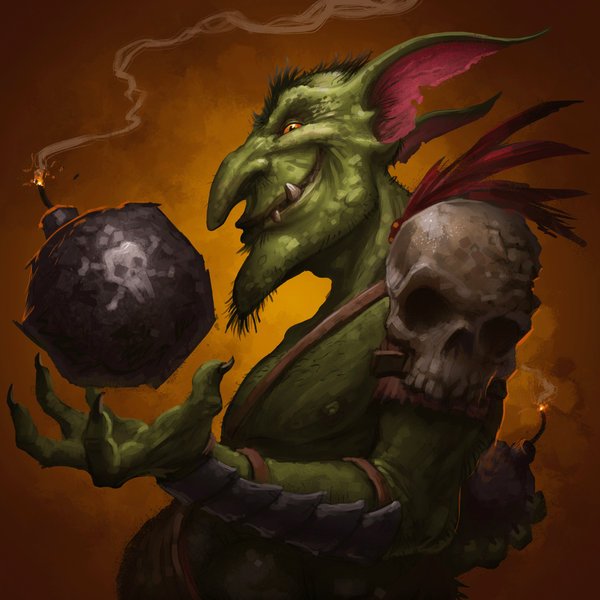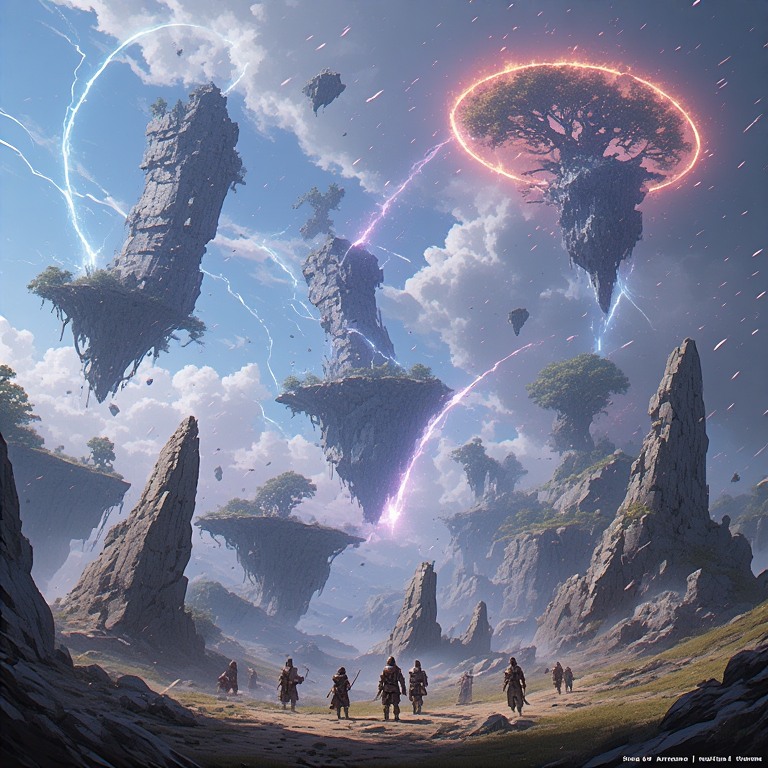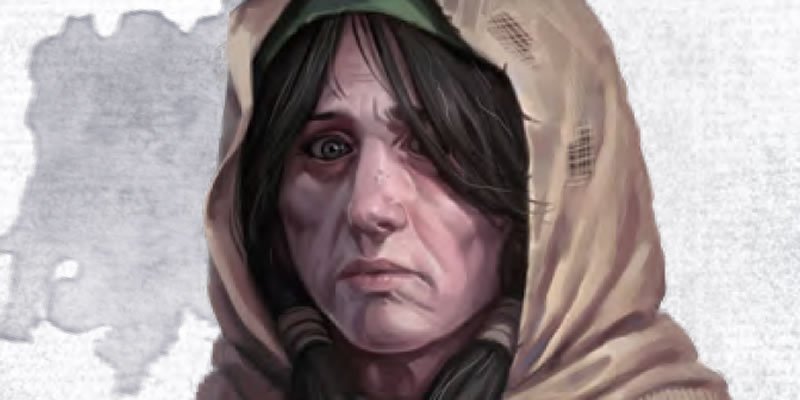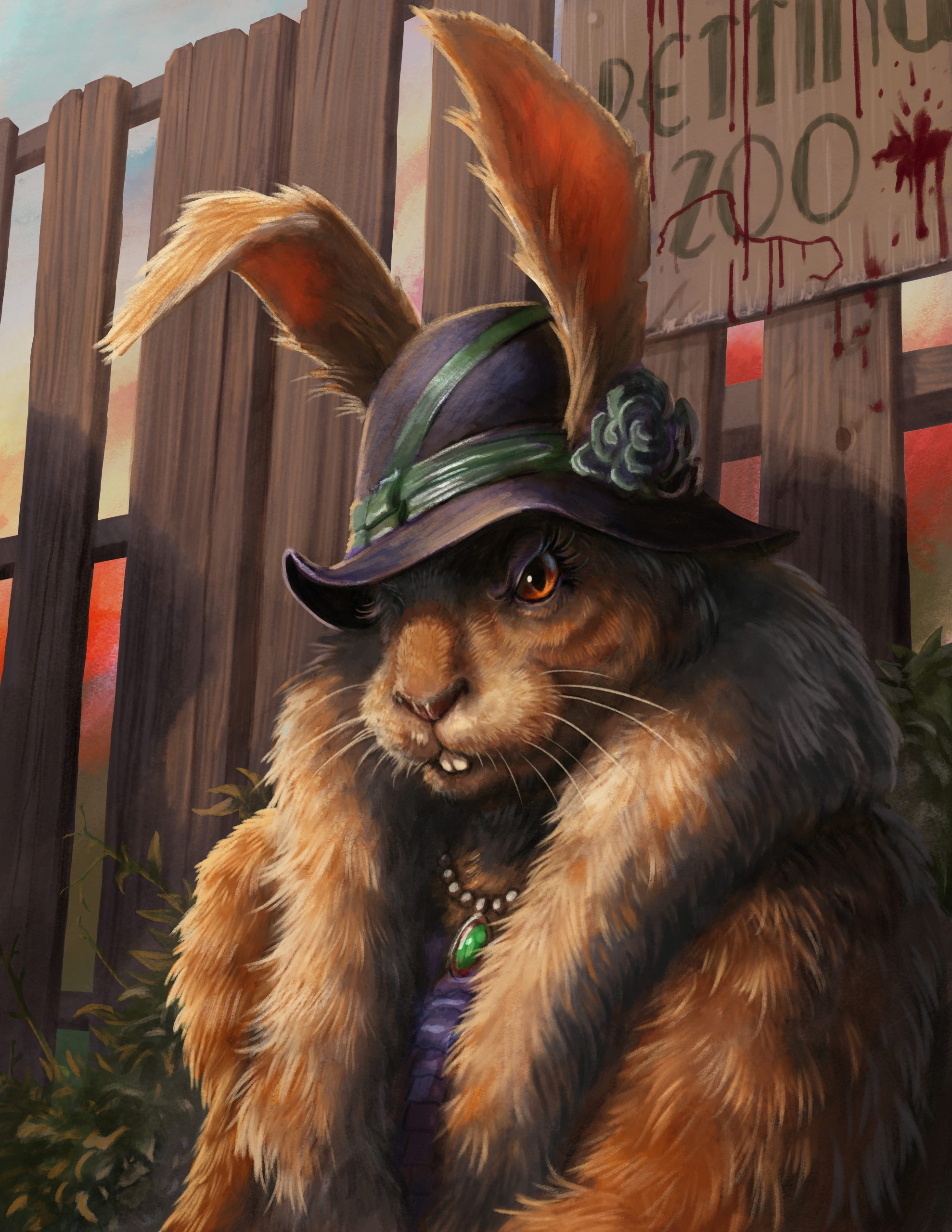
Completely Comprehend Languages for D&D Linguist Experts
It goes without saying, if you are going to have a channel called Nerdarchy part of that is going to be okay with being called a nerd. My longstanding character Rellion of fifth edition Dungeons & Dragons is kind of a nerd. His expertise, which he has three of, are History, Arcana and Investigation. Apart from being a book nerd he is also a D&D linguist. Sadly it never seems to work out for him as the Dungeon Master always is one step ahead of me. But looking into the languages for D&D it is really hard to get them all.

Learning all the D&D languages in neither a quick nor easy task for the budding D&D linguist.
Languages for D&D
First thing I am going to do is list the languages, where they are referenced and then afterward we can talk about how to use them.
Firstly are your standard languages. These are the languages for D&D that are going to be common around the player character races as well as the easiest to learn should you desire to do so: Common, Dwarvish, Elvish, Giant, Gnomish, Goblin, Halfling, and Orc.
Not listed in the language section but in the classes there are two secret languages that take some work to get if you are not in the right class. These are Thieves Cant and Druidic. These secret languages are fun and can be useful in establishing credibility in certain situations or getting into certain areas you might not be able to normally.
Next up are the exotic languages and you get just as many as the common: Abyssal, Celestial, Draconic, Deep Speech, Infernal, Primordial, Sylvan, and Undercommon. Most of these are either planar or special. Undercommon is spoken almost exclusively below the surface and Sylvan is spoken in the wilds and the Feywild. A point to note is that primordial has 4 dialects: Auran, Aquan, Ignan, and Terran. If you can speak any you can loosely understand primordial or any of the dialects though some GMs might give you some lost in translation every once and a while.
So the easy part of my research was done. I only explored one book and already I was at 20 languages. Almost half a dozen over the 16 that Rellion has learned so far. Looks like he has a long way to go.
So intrepid adventures, what was next, I dove into the Monster Manual. I knew there had to be more monsters that spoke their own language. I was blown away by what I had found — it was a lot. There were 15 new options I think most player characters would not even consider: Aaracokra, Bullywug, Gith, Gnoll, Grell, Hook Horror, Modron, Otyugh, Sahaugin, Slaad, Sphinx, Thri-kreen, Troglodyte, Umber Hulk, and Yeti. Some of these make a lot of sense to me and some I would as a DM say might be impossible for a normal humanoid to be able to properly speak. Understand, sure, but not speak. Things like Umber Hulk and Hook Horror would have too much clacking for a human mouth.
For the true D&D linguist
Now the research gets harder and the results fewer. For the remainder of this, currently all-inclusive list up to the point of Mordenkeinan’s Tome of Foes, this was what I was able to find. Some of these other languages would appear in multiple locations but I did not go in release order just whatever was within reach as I finished one book and went on to the next.
In the Unearthed Arcana – Centaurs and Minotaurs
Minotaur is a new language. Not sure we can count that as they get Abyssal in the Monster Manual.
More monster languages
Ice Toad – Tales from the Yawning Portal, Rise of Tiamat
Grung – Volo’s Guide to Monsters
Vegepygmy – Volo’s Guide to Monsters
Ixitxachitl – Out of the Abyss – I can’t pronounce the creature let alone speak their native tongue.
We also get a small handful of cultural options
Thayan – Tales from the Yawning Portal,
Olman – Tales from the Yawning Portal,
Primal – Tales from the Yawning Portal,
Netherese – Hoard of the Dragon Queen
If you count all of them and think that one character could learn them all that totals to 45. WOW!! I would not have guessed that. But now I see that my goal of learning them all is impossible. Oh well. Have fun with it anyway. So what does a player who has interest do? You are left with two simple options. If you go warlock, the Eyes of the Rune Keeper Eldritch Invocation allows you to read any writing regardless of language. Simple — 2nd level warlock where you get your first Eldritch Invocation you take this and you are good.
Another brilliant option is taking the feat Ritual Caster. You can take other useful spells with this but the most important is comprehend languages. So you have to have Intelligence 13 and choose wizard to make this work. But let’s face it, if you are considering going down this path you are probably making an intelligent character. The spell lets you read any writing you touch and understand any language you hear.
Neither of these options are perfect, because they do not allow you to talk back. For that you need the 3rd level spell tongues.
How to comprehend languages for D&D
Now that you have digested all of that stuff, how can you use languages properly in your game. If you have not done it personally, you probably know someone who has played the game without knowing Common and you have to figure out how to communicate. It is a challenge and it can be fun but it gets tedious after a while so be careful with it. But if you do it, it can be a blast for a session as the players at the table sign, write, draw, and make a fool of themselves trying to communicate with each other and NPCs.
Outside of this languages represent something to the people to speak it. All it takes is to do some travel and see how people treat you when you speak their native language or not. You can have valuable information able to be found out because the captors thought you did not now their language when this whole time you have been listening to them insulting you and planning what you were going to do as happened in Game of Thrones.
You can have cultural languages in your world. You might call Common the Trade Tongue or something to that extent. This would be a way for the humans of your world to be different and make their cultures stand apart. Then when you travel across the world and the player characters do not know what the natives are speaking they are met with challenges, or you get to reward the player who took that language for their character and highlight that choice.
There are so many ways to make what is a small section of this wondrous game special and unique. You could have a area with a puzzle that if a certain language is known they get a clue. You could have a book that can only be read if you truly know the language — magic does not work and they would have to spend time, energy, and gold to learn the language just to read the book.
I am sure I could go on for a while on this one but I think I have rambled enough. How do you use languages for D&D in your game?
Until next time, stay nerdy!
Like this?
Did you enjoy this post? Nerdarchy’s awesome volunteer staff of writers and editors do their best to create engaging, useful and fun content to share. If you like what you find here on our site, consider patronizing us in a good way through Patreon.
On top of reaching our goal of paying our writers, pledging gets you exclusive monthly content for your D&D game, opportunities to game with Nerdarchy, access to patron-only channels on our Discord and more.
With your generous support we’ll continue to create quality content between our YouTube channel and blog, invest in equipment to increase recording quality, and keep creating original publications and products to enhance your tabletop roleplaying and gaming experience.
Thank you for your consideration and as always, until next time stay nerdy!














Joe
June 9, 2018 at 10:02 amDon’t forget Aquan, which Tortles speak!